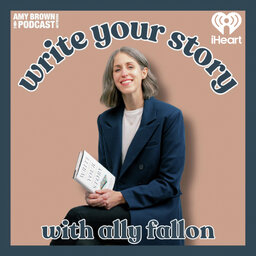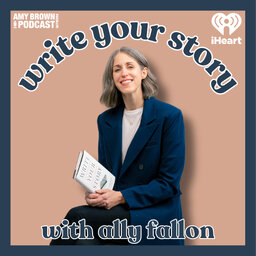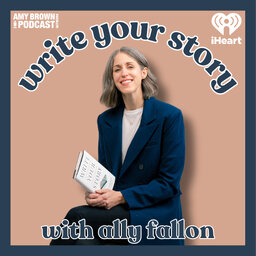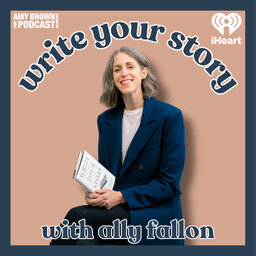What to Do About an Impossible Problem (Hint: It’s Not What You Think)
Are you up against a problem in your life that you don’t know how to solve? Have you tried everything you know to try in order to solve it? Maybe strategies that worked in the past are feeling insufficient this time around?
Whether it’s a personal problem or a political, global or corporate one — in this episode i’ll offer a suggestion that may surprise you—and may trigger you (it triggered me).
Yet it may be the only thing powerful enough to solve the current problems we are facing.
Take a minute to think about what would happen if you gave up trying to solve your impossible problem and instead let the problem teach you what it came here to teach you.
I am anxious to hear your thoughts.
Host: Ally Fallon // @allyfallon // allisonfallon.com
 Write Your Story with Ally Fallon
Write Your Story with Ally Fallon


